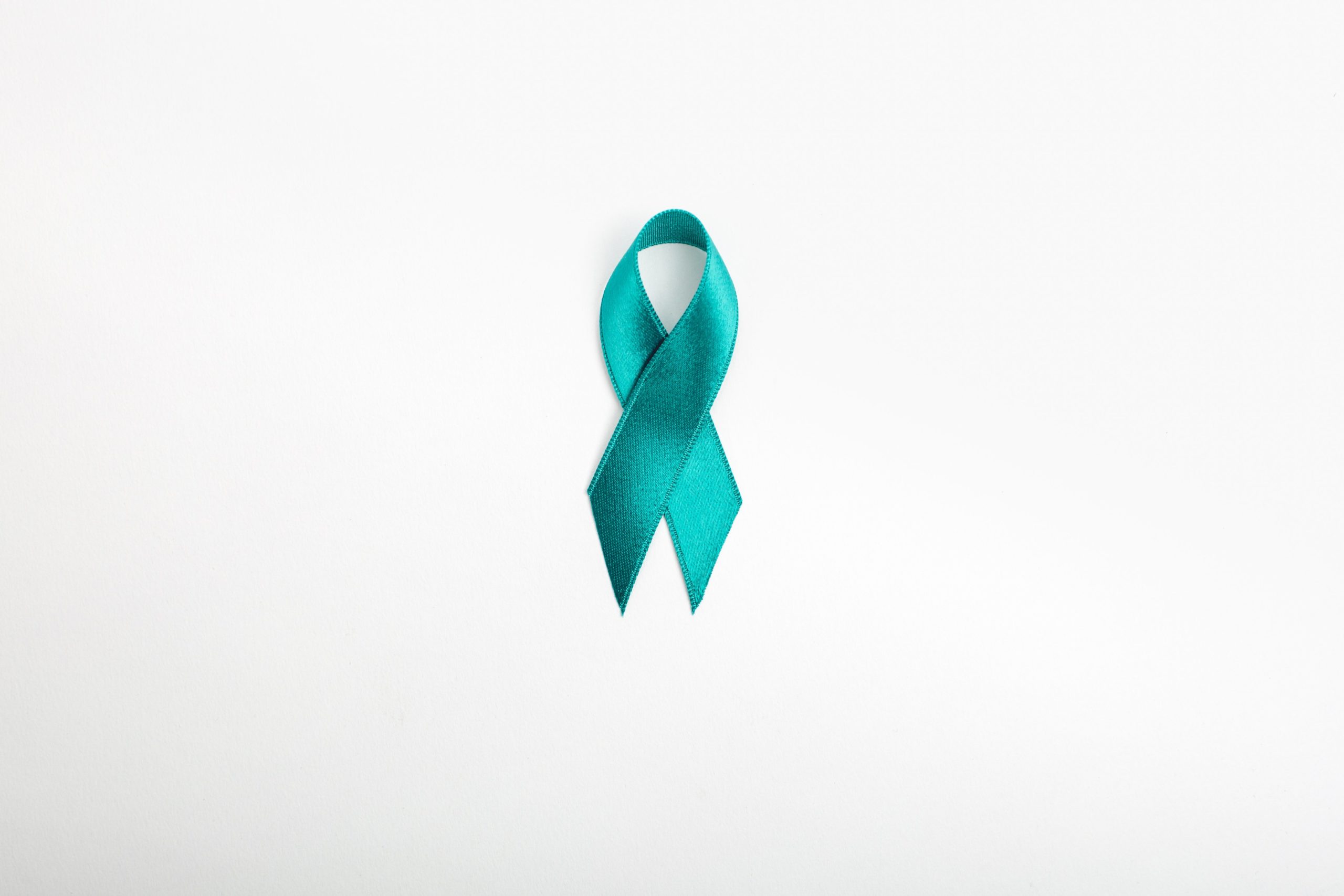PCOS, also known as Polycystic Ovary Syndrome, is a hormonal condition that affects women when there is an imbalance of woman’s sex hormones. 8-13% of all women of reproductive age have this condition. Women with PCOS are often associated with insulin resistance (cannot use insulin efficiently), hyperandrogenism (an increase of male hormones), irregular periods and weight gain especially around the belly area. These symptoms lead to other common consequences like hirsutism (excess facial or body hair), acne, and weight gain especially around the belly area.
What can you do when you are diagnosed?
Currently there is no cure or type of diet that is specific towards PCOS but that does not mean there is no hope! Keeping a healthy diet and an active lifestyle can help with long-term complications from PCOS such as the increased risk of Type 2 diabetes, heart disease, high blood pressure, and cholesterol.
Here are some suggestions we have for you:
- Lean towards eating more natural foods that can help increase fiber intake! Fruits, vegetables and whole grains are some examples. High fiber food can help prevent blood sugar spikes and protect against heart diseases. They also bring a bigger nutrition profile with additional nutrients like vitamin A, C and K!
- Consume food with better fats by avoiding trans fat and saturated fats. For example, eating more lean protein like fish, chicken, tofu or lentils can be a good way to do so. Some healthy fats can come from avocado, walnuts, olive oil or fatty fish.
- Avoid food that is high in sugar, salt, refined flour or fats. These types of food can contribute to sudden spikes of blood sugar and it would be best to avoid that. Some examples include pasta, white bread, salty snacks or baked goods.
- Exercise, exercise, exercise! Important things need to be said three times and exercise is definitely THAT important. It can better your health overall and any type of symptoms you may have. Try to exercise at least 30 minutes a day or a total of 150 minutes per week. To exercise subtly, walk to the grocery store or do a quick YouTube workout!
In conclusion, don’t worry! Being diagnosed with PCOS does NOT mean SOS! Taking care of yourself along with these suggestions and listening to medical professionals can help. Don’t forget that you are not alone in this journey – The Nutrition Well team of dietitians can work with you to create individualized plans that work for you based on your own nutritional goals!



